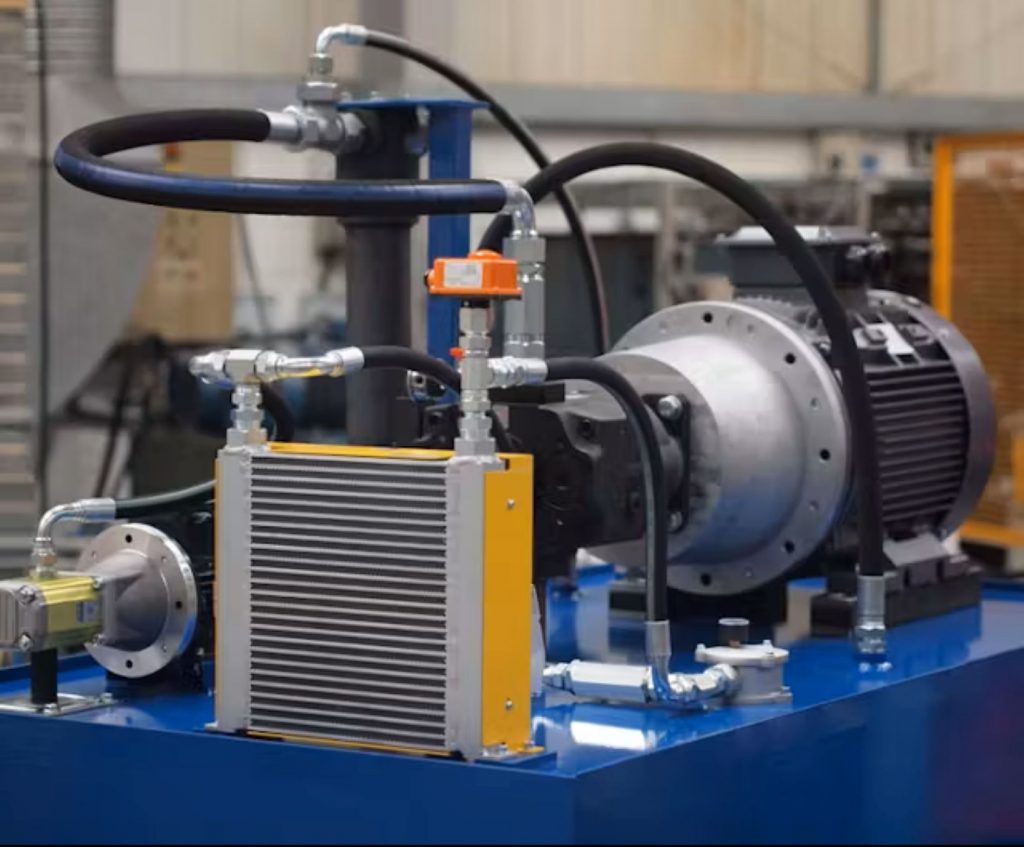Hydraulic oil coolers play a vital role in maintaining the performance and longevity of hydraulic systems by regulating oil temperature during operation. In any hydraulic application, the oil serves not only as a power-transmitting fluid but also as a lubricant and coolant. However, during continuous operation, hydraulic oil tends to absorb excessive heat due to pressure drops, friction within components, and energy losses in the system. If this heat is not properly managed, it can cause the oil to thin, lose its lubrication properties, and break down chemically, which in turn accelerates wear on pumps, valves, and cylinders. A hydraulic oil cooler works by dissipating this excess heat, keeping the oil within a safe temperature range and ensuring stable system efficiency.
There are various designs of hydraulic oil coolers, including air-cooled and water-cooled units, each selected based on the operating environment and application requirements. Air-cooled hydraulic oil coolers use fans to blow ambient air across finned surfaces, providing a compact and energy-efficient cooling solution for mobile equipment and outdoor machinery. On the other hand, water-cooled oil coolers utilize circulating water or coolant to remove heat, making them more suitable for heavy-duty industrial applications where higher heat loads need to be managed continuously. By maintaining the oil at an optimal viscosity, these coolers reduce frictional losses, improve energy efficiency, and extend both oil and component life.
Modern hydraulic oil coolers are designed with compact structures, high heat transfer surfaces, and durable materials to withstand demanding environments. Many are integrated with thermostatic bypass valves and sensors that automatically regulate cooling based on the oil temperature, preventing overcooling or unnecessary energy use. In addition, advancements in materials such as stainless steel, aluminum, and copper alloys ensure resistance to corrosion, pressure fluctuations, and long-term wear. This makes them highly reliable for industries like construction, agriculture, marine, mining, and industrial manufacturing, where hydraulic systems are subjected to intense and continuous operation.
